


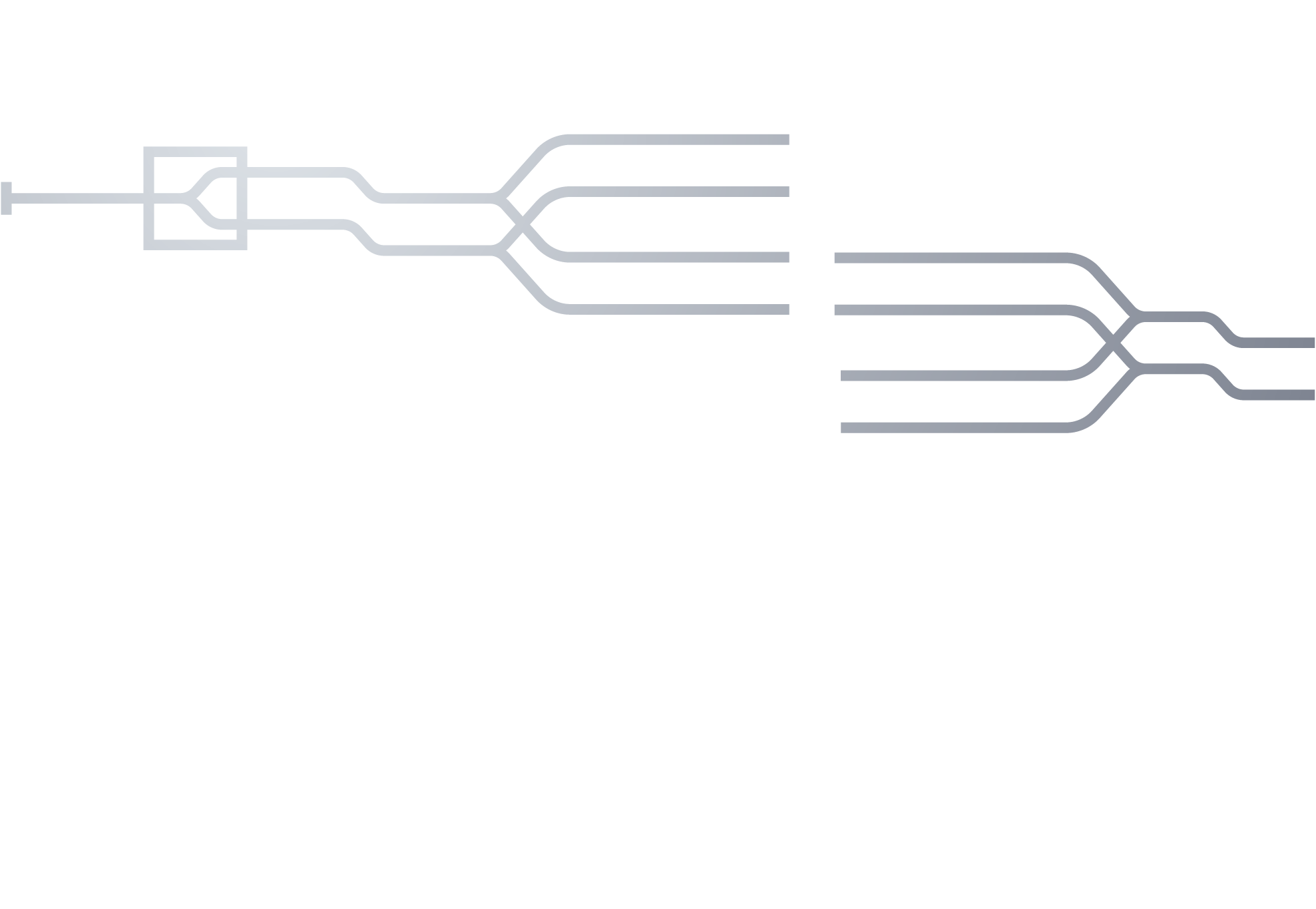
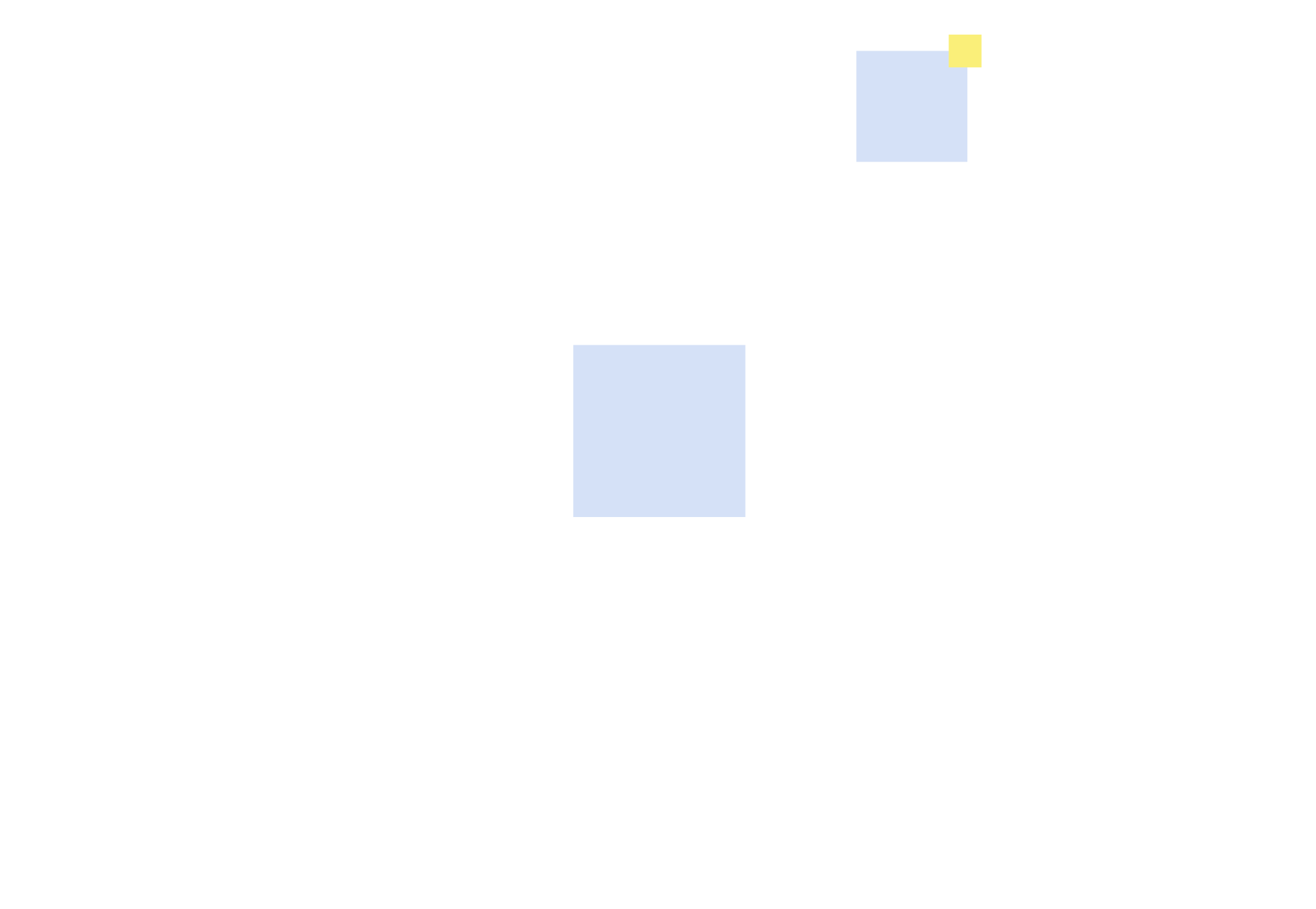

Hellas is the ecosystem for distributed compute, the foundation for an AI-powered civilization.

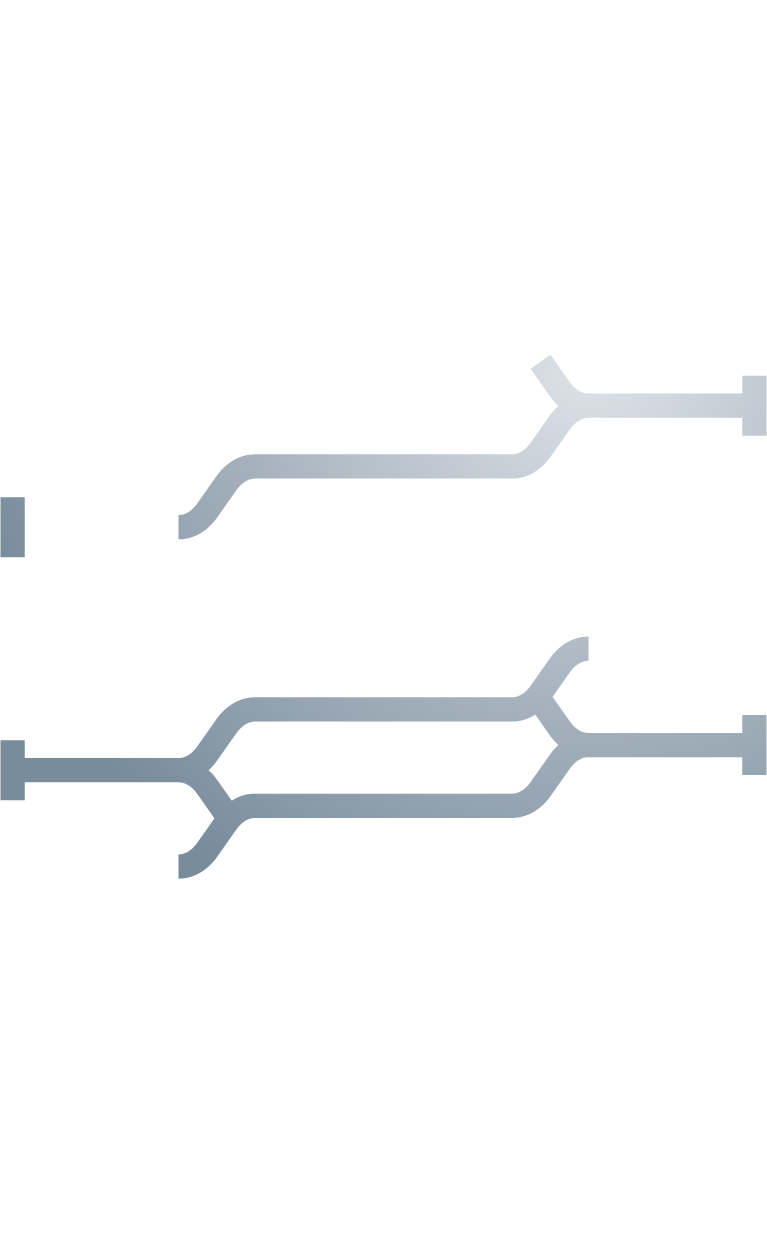
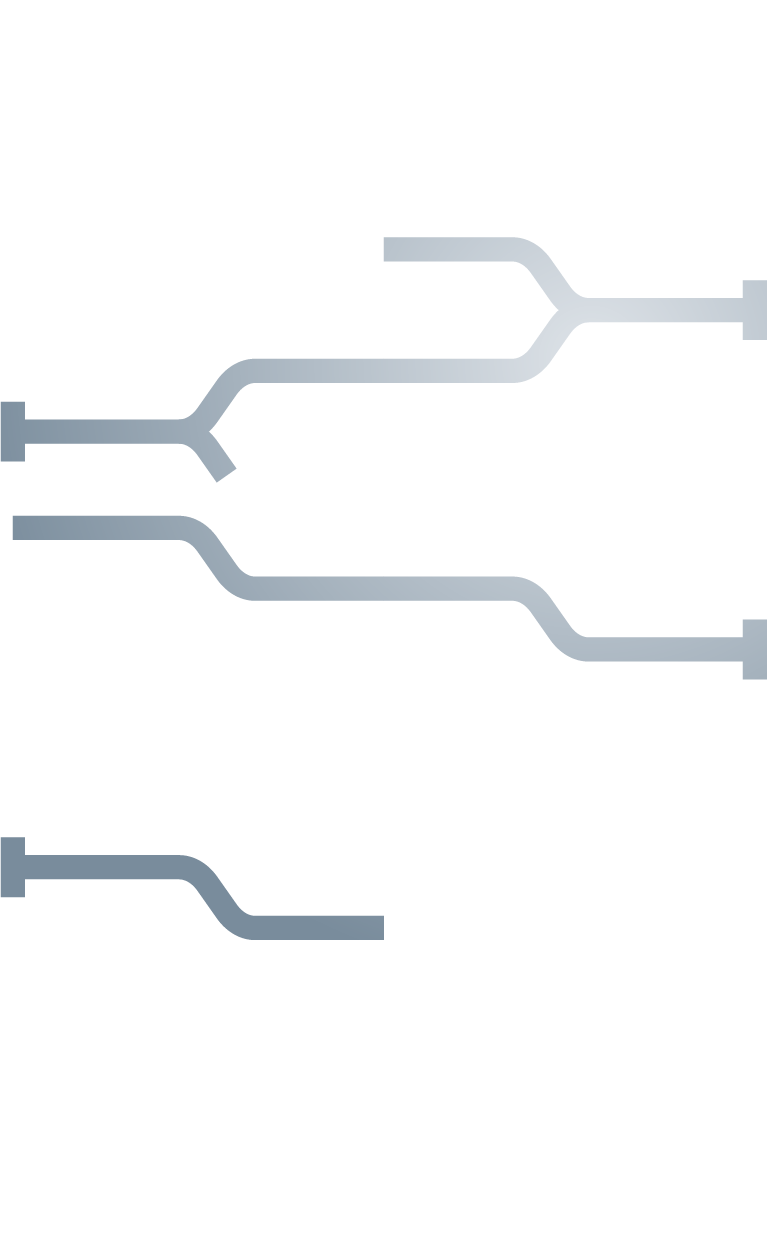

Artificial intelligence is already flooding every aspect of our society. Over the next few years it will transform our civilization in ways that we can scarcely imagine—and at a dizzying, accelerating pace.
The only certainty is that it will not be controlled or contained by a few central players. Intelligence wants to be free, and will eventually circumvent any barriers.
We are embracing this reality with a foundation as fluid and limitless as intelligence itself. Hellas is the network for decentralized serverless AI compute, secured by an L1 blockchain, powered by our own deep learning framework.


+
Trustless
Compute providers can join the network trustlessly and earn the Hellas token, ensuring a fully open, permissionless compute economy
+
Permissionless
Run any model off-the-shelf or custom code on Hellas’ open network without barriers, centralized control, or reliance on traditional frameworks
+
Token-secured
Optimized, low-overhead AI compute is secured and incentivized with the Hellas token, ensuring efficiency, transparency and decentralized governance
catgrad is our custom deep learning compiler that uses category theory to transform AI models into efficient code. By representing models as structured hypergraphs, it enables scalable, flexible, and optimized AI training in any environment without the need for traditional deep learning frameworks.
catgrad

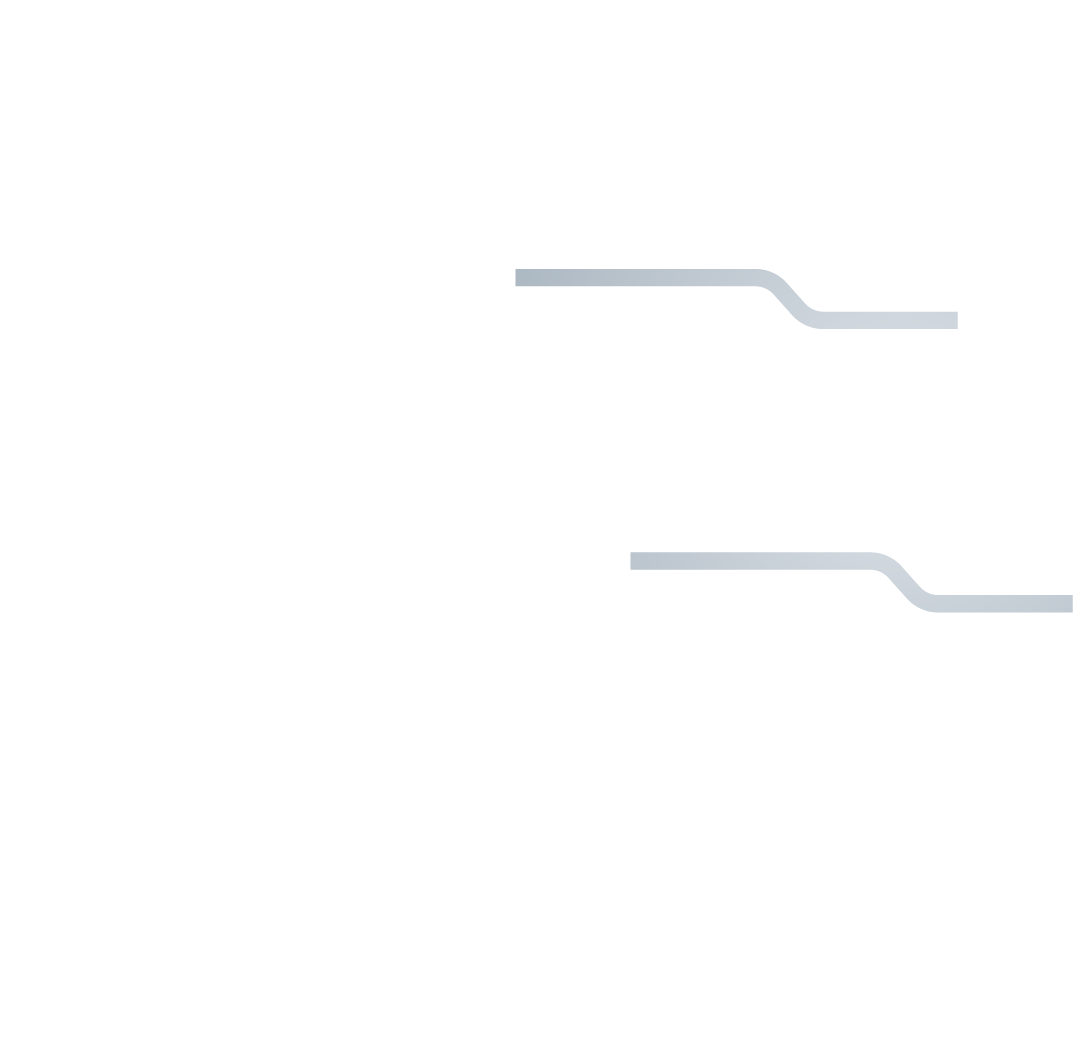

Enhanced with zero-knowledge proofs, catgrad ensures secure, verifiable AI computations while preserving data privacy and decentralized trust
Compiles models into efficient code without relying on traditional frameworks like PyTorch or TensorFlow, giving developers more freedom and adaptability
Engineered for distributed compute, enables seamless scaling across decentralized networks, ensuring efficient AI training and deployment at any scale

Jani Monoses
Jani Monoses is a veteran software engineer, former Ubuntu core developer, Xubuntu project founder and Linux Kernel developer with a passion for open source software. He has a keen interest in machine learning, with contributions to software like catgrad, candle-rs, vLLM, and SGLang.
Q. What advantages does catgrad provide?
Models in catgrad are completely symbolic and use a tiny number of core ops (like tinygrad!). This means that models have a small representation which can be optimized, serialized and transferred between hosts. This lets us run your model on any appropriate hardware, from an H200 or an iPhone, without overhead.
Q. What models are supported on the Hellas Network?
The Hellas Network supports any model: you just needs to express it in catgrad. We're adding more models every day, but you can also add your own: it's fully permissionless.
Q: How difficult is it to write models in catgrad?
Right now, it's as easy as implementing a model in any other framework -- but we're working on tools for importing models from other frameworks like Torch.
Q. How do I know my computation has been run correctly?
The Hellas Network uses a combination of economic incentives, optimistic security, and Zero-Knowledge proofs to ensure your computation is run correctly.
Q. What security guarantees does the Hellas Network provide?
The Hellas Network ensures that when your model is run, the output can be trusted.
Q. How can I get involved?
Check out our Discord, Follow us on X, or install and run models with catgrad!